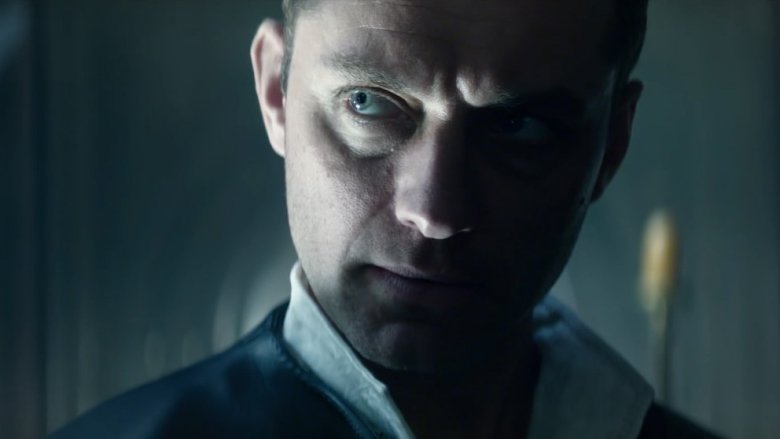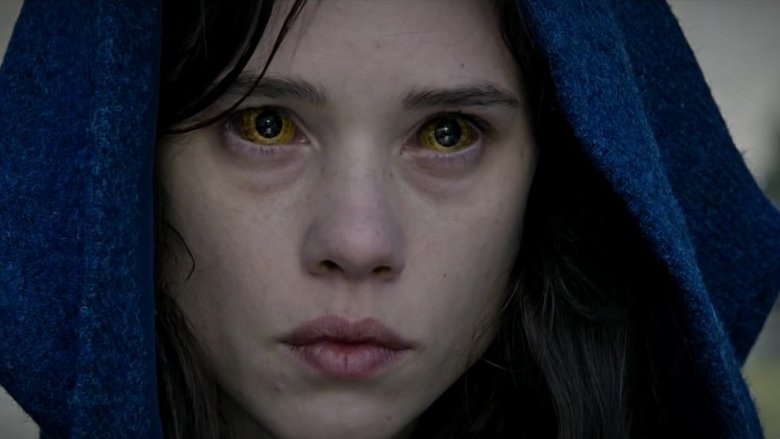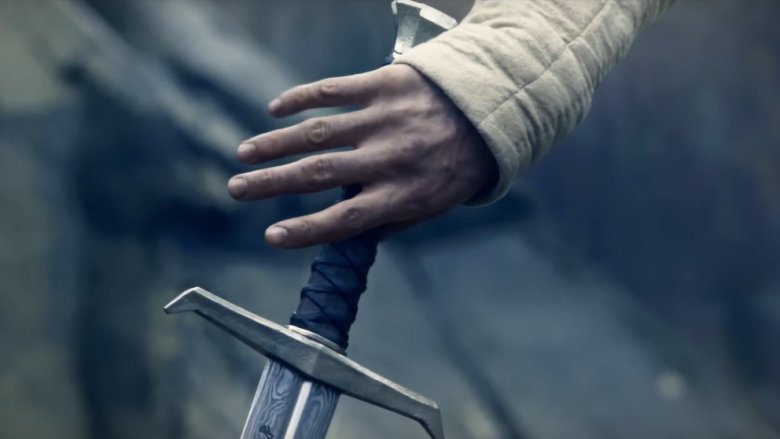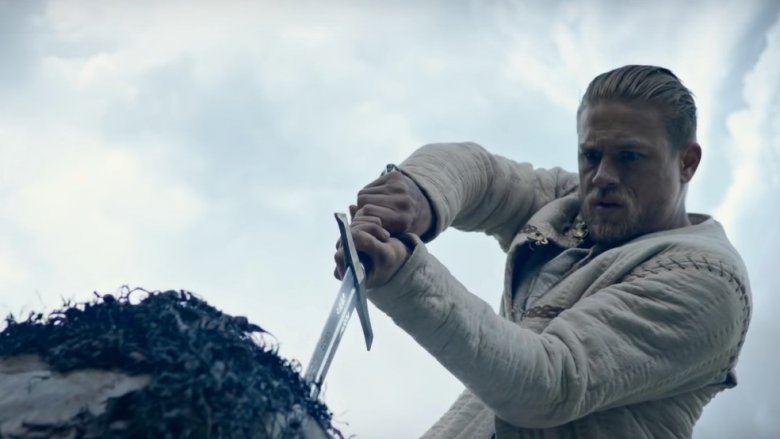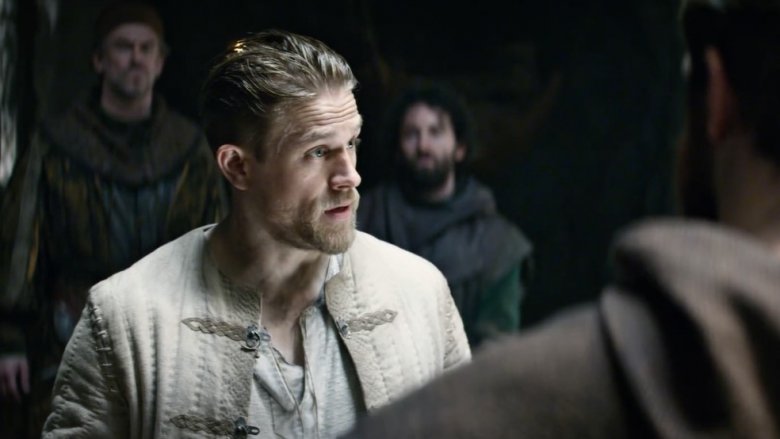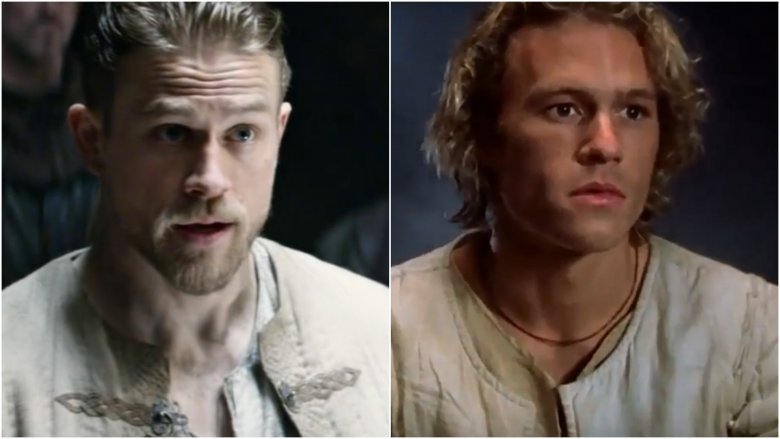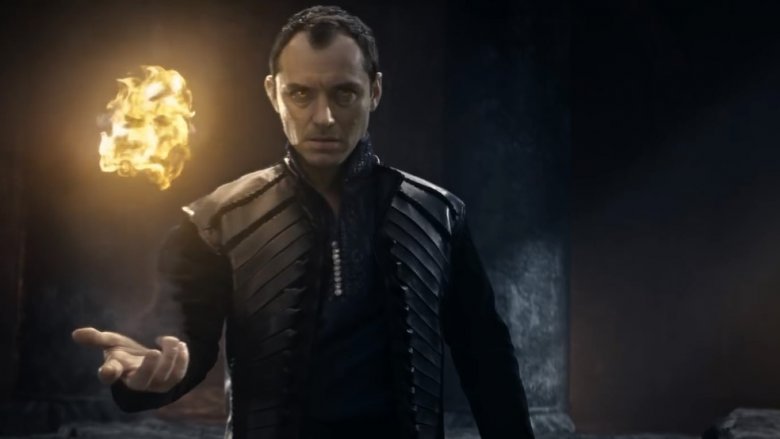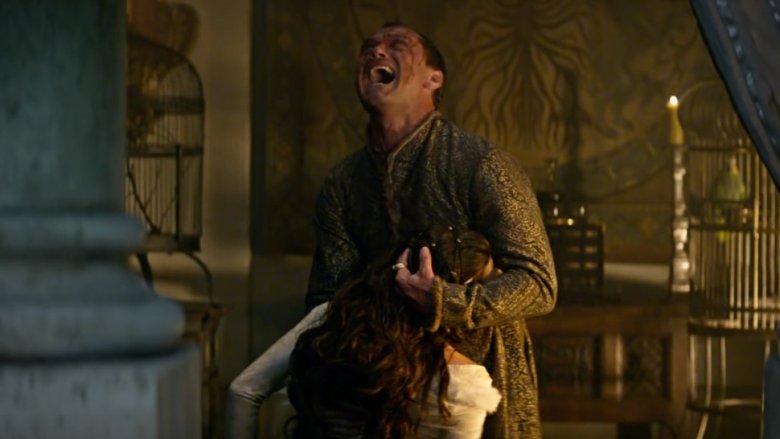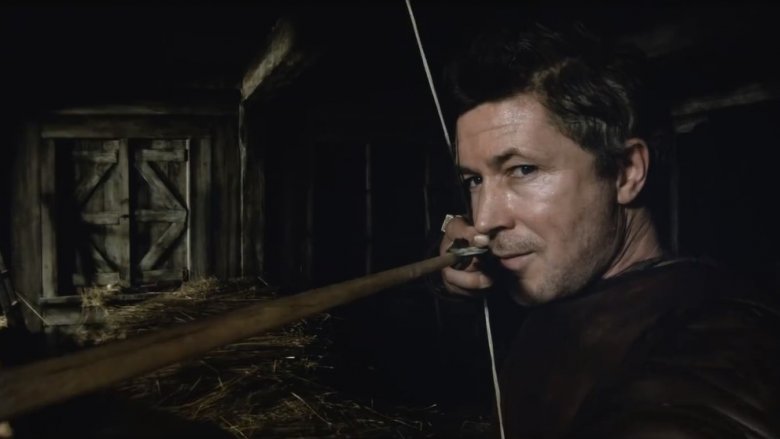What Really Went Wrong With King Arthur: Legend Of The Sword?
King Arthur: The Legend of the Sword's disastrous opening in May 2017 vaulted it to the top of the biggest box office bombs of the year. Guy Ritchie knows how to make big, loud, awesome action movies. Charlie Hunnam is a talented actor with all the qualities you could want in a leading man. Jude Law makes a great villain. By the beard of Merlin, how did King Arthur: The Legend of the Sword go so wrong?
Old Hollywood's ideas don't work anymore
The Legend of the Sword was an overwrought attempt at Old Hollywood "business as usual"—loud noises, grand fanfare, familiar characters, a story everybody knows told in a "new and exciting" way. It isn't that simple anymore. It's a radically changed marketplace. You need more than solid source material, flashy effects, and a few big names to fill today's theaters.
Arthurian legend used to be a goldmine. Just ask the makers of Excalibur (1981), which grossed $35 million dollars against an estimated $11 million budget. Alas, the times have changed.
Thinly written characters
The Legend of the Sword subverts just about every convention save one: its supporting characters are mere plot devices. Djimon Hounsou and Aidan Gillen do what they can with the few lines they're given, but their characters have no motivation outside the "find Arthur, get him to wield Excalibur, make him tell us what to do" strategy of Camelot reclamation.
Then there's the character listed as Guinevere on the movie's Rotten Tomatoes page (as of mid-May 2017), yet called simply "The Mage" in the movie's credits. The Mage only ever wields her power from a safe distance, secretly, and commands the animals to do her dirty work. When the combat gets close, she's quickly overpowered and held with a knife to her throat, powerless. She can make birds blot out the sky, possess the minds of dogs and horses, yet she can't find a way to overpower a guy with a little knife. Then again, Arthur probably wouldn't be able to do much damage in close combat if he had to wear long flowing skirts everywhere he went.
A story we know too well, ominously delayed
Besieged by delays, Legend of the Sword suffered from Suicide Squad syndrome. Initially slated for a July 2016 release, it was delayed to President's Day weekend 2017, then pushed back again to Mother's Day weekend. Delays are a pretty good predictor of failure in the movie industry, and they killed what little hype the movie ever had going.
Not that that's saying much. While the actual legends of Camelot are varied—and largely unadapted by Hollywood—the story everybody knows is Arthur and, well, the legend of the sword in the stone. Ritchie's movie tries to do two things at once: play it safe by remaining in well-tread mythological territory and experiment by conflating the story of King Arthur with that of Robin Hood and borrowing ideas from every big-budget fantasy in recent memory. Ritchie's Camelot might as well be called Nottingham, Wonderland, or Narnia. The Darklands could very well be a mix of Mordor, the Dothraki Sea, and the haunted forest level from Mortal Kombat.
The producers learned nothing from a previous Arthurian failure
In 2004, Clive Owen and Keira Knightley—a year after Pirates of the Caribbean: The Curse of the Black Pearl put her in high demand—couldn't bring people into the theaters for a flashy King Arthur reboot. The film industry was changing, shifting ever further toward home entertainment. Disc-based Netflix was gaining popularity. (Streaming would start in 2007.)
Skip to 2017, and we've got a ton of high-quality streaming services offering more options than ever. Do we really need yet another King Arthur movie when we've got Game of Thrones and Vikings? Make it an epic, gritty miniseries for Netflix or tone down the violence, crank up the courtly intrigue, and put it on PBS opposite Downton Abbey. Either way, fans of sword 'n' sorcery stories don't need to schlep out to the theater for this kind of thing unless they really feel like they can count on solid results.
Guy Ritchie isn't what he used to be
Hiring Guy Ritchie was a gamble on the part of Warner Bros. As of May 2017, Guy Ritchie's highest-rated films on Rotten Tomatoes were Lock, Stock, and Two Smoking Barrels (1999) and Snatch (2001). He's made two blockbusters—Sherlock Holmes and its sequel. Ritchie's stylistic mainstays—the timeline-crossing jump-cuts, swift editing, and "edgy" banter—work in gangster flicks. Here, they're distractions.
Ritchie bombs as often as he succeeds. His Swept Away remake was a disaster. Revolver, a Luc Besson collaboration, did miserably in the United States. The Man from U.N.C.L.E. and RocknRolla were modest successes, but nothing to write home about. He has yet to make good on the promise he showed starting out.
Deja vu
There's an elephant on this battlefield—and we're not talking about the enormous CGI beasts Ritchie borrowed from The 300 and Lord of the Rings. The Legend of the Sword is the not-at-all-Arthurian equivalent of the not-at-all-Chaucerian A Knight's Tale starring Heath Ledger.
Since Charlie Hunnam's days on Undeclared, people have commented about Hunnam's striking resemblance to the late Ledger. It's too bad, then, that Legend of the Sword finally made its way to theaters alongside the aggressively promoted documentary I Am Heath Ledger, which sparked a nostalgic resurgence of interest in Ledger's work. It brought A Knight's Tale back into popular consciousness right before the release of The Legend of the Sword.
The magical stuff is poorly defined
There's a problem with the magical elements of this movie. Excalibur basically turns you into Neo of the Round Table but you have to know how to "use" its ridiculous, time-bending magic. It only responds magically to Pendragons. Is the learning curve really necessary?
Using prophecy as a major plot device in action movies is lose-lose. Either the prophecy robs the characters of agency, thereby reducing the dramatic tension, or it opens up a million questions that the movie can't fully answer, thereby breaking the audience's immersion. Legend of the Sword's mystical mumbo-jumbo left the movie narratively confused and lacking real dramatic stakes.
The biggest star is the other guy from Sherlock Holmes
The Legend of the Sword was intended to make Arthur cool again the way Guy Ritchie's Sherlock Holmes made that character a blockbuster action hero—and Ritchie apparently hedged his bets by enlisting Holmes vet Jude Law to star in Sword as the villainous King Vortigern. Needless to say, it didn't pay off this time.
In fact, for some critics, Legend of the Sword's failure inspired some retroactive Holmes-bashing. The Atlantic equated casting Robert Downey, Jr. as Holmes to "cultural vandalism" in its negative review of The Legend of the Sword. Following a similar thread, The Federalist decried Legend of the Sword's irreverence for the legend of Camelot and what it represents, going so far as to condemn Ritchie's movie wholesale for "deeply mishandling the profundity" of the source material. If and when Ritchie gets around to making a third Holmes movie, don't expect a warm critical welcome.
Too many better, cheaper options
There are a ton of great King Arthur movies available digitally for a fraction of the price of a movie ticket. This abundance of similar options certainly hasn't helped The Legend of the Sword, but the real problem is its cast—they're all solid actors, and almost every one is a reminder of a better movie or show you could be watching instead.
There's Djimon Hounsou from a better sword-fighting movie (Gladiator), Aidan Gillen from a better medieval-fantasy franchise (Game of Thrones), Jude Law from a better epic-scale war movie (Enemy at the Gates), and Charlie Hunnam from a better flagrant ripoff of another, superior action movie (the Fight Club-esque Green Street Hooligans). It's like the movie is actively trying to tell us to watch something else, and filmgoers seem to be listening in droves.
